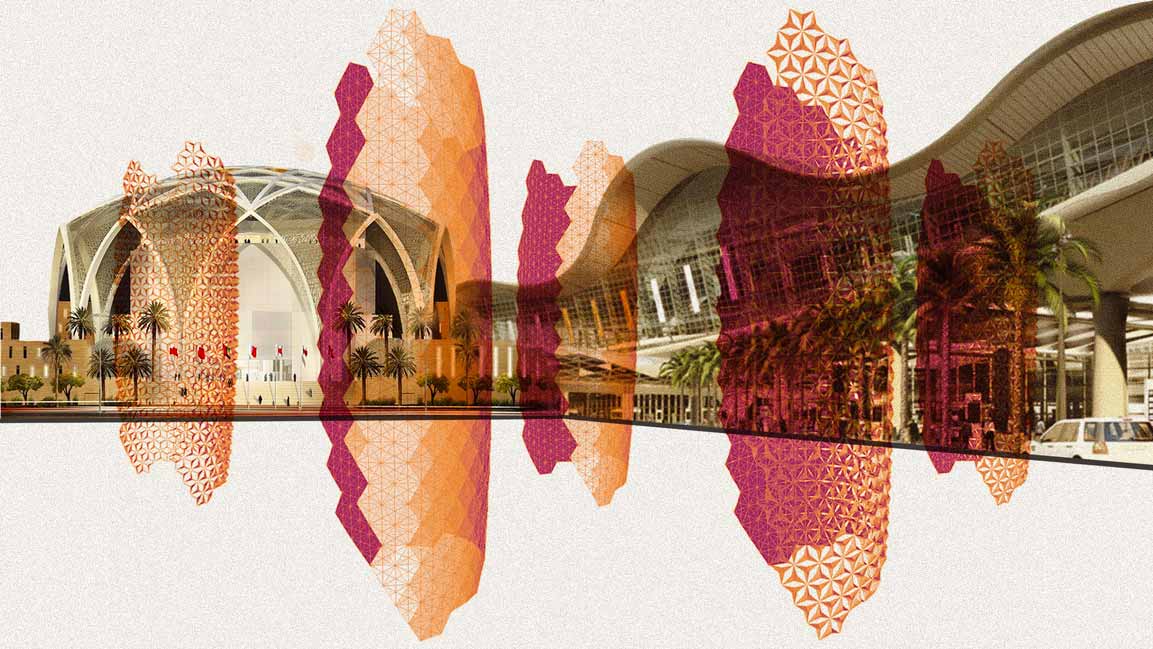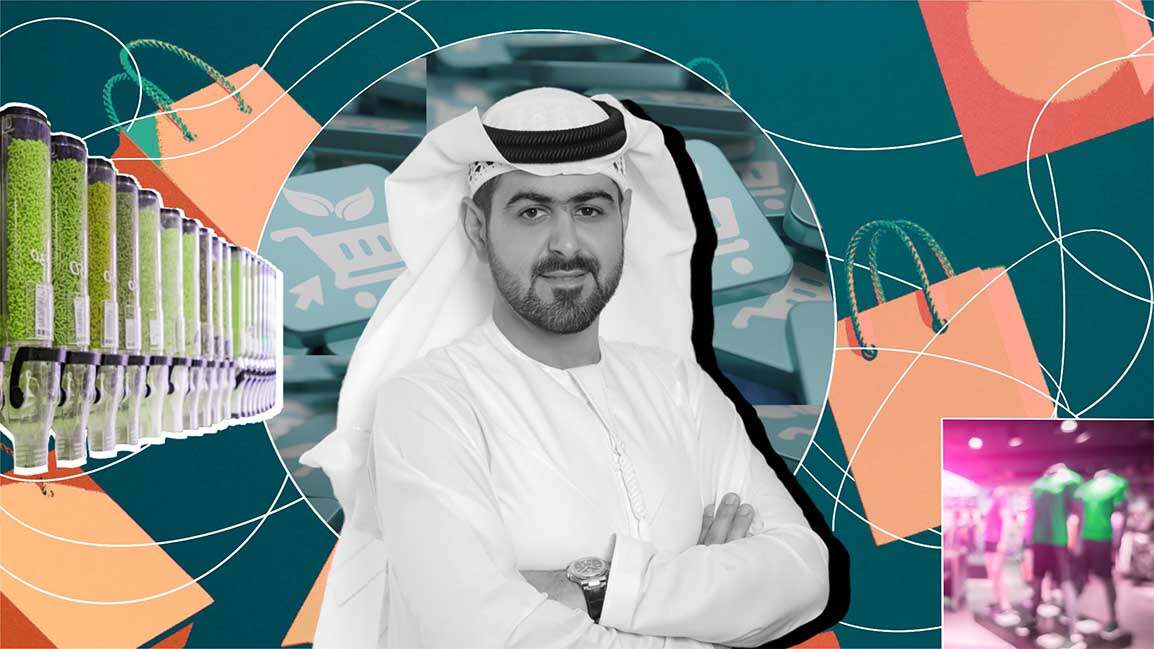- | 9:00 am
How the Middle East is shaping its sustainable development agenda
There are multiple challenges — carbon emissions have doubled in the last 30 years, with heavy dependence on fossil fuels – confronting the region. Nonetheless, meaningful initiatives are being taken.

Climate hazards, which are ranked as the top dangers in the Global Risks Report 2021, make the Middle East vulnerable to high levels of pollution, loss of biodiversity, drought, and water scarcity.
Access to a stable and ample energy supply is becoming increasingly important. As a result, the urgency of addressing climate change has prompted investors to prioritize sustainability and environmental, social, and governance (ESG) standards in their business plans.
Sustainable development calls for a more balanced approach to growth based on three pillars: social inclusion, environmental sustainability, and economic prosperity.
Both regulators and government authorities have launched a series of sustainability projects to reverse the effects of climate change, and institutions have been urged to take the lead.
In the last 30 years, in the MENA region, the energy consumption per person and carbon emissions have doubled. The inefficient and excessive use of non-renewable energy resources for transportation, construction, and landscaping has increased energy demand. Although the countries have the potential for renewable energy production (45%) globally, it makes up only 1% of use. The necessity for air conditioning is growing due to the rising mercury levels and the constant growth of new cities. As a result, fossil fuel consumption has increased significantly.
Several companies in the region are still hesitant to comply with sustainability norms, adopt more energy-efficient technology, and increase capital expenses. Furthermore, a lack of grid infrastructure and clarity among managers regarding sustainable solutions is proving to be a significant roadblock.
Firms partner with international architects to work toward sustainable development to overcome this challenge. Let us dive into the pioneering sustainability initiatives in the region.
United Arab Emirates (UAE)
Dubai EXPO 2020
At Expo 2020, sustainability is one of the sub-themes reflected in all aspects of the event.
The Sustainability Pavilion’s dynamic design, Terra, is inspired by natural processes such as photosynthesis, absorbing energy from sunshine, and fresh water from humid air. The facility’s strength resides in its ability to illustrate a new way of living sustainably in a challenging desert climate. Therefore, the building’s relationship to the site, and its physical and cultural surroundings, is crucial.
The zero-waste, zero-carbon city in Abu Dhabi
The zero-waste, zero-carbon Masdar city comprises renewable energy-powered educational and recreational, housing, retail, manufacturing, and office areas. High-efficiency appliances, low-flow showers, smart water meters, and treated wastewater for plant irrigation guarantee water usage is kept low.
Masdar City is also home to the International Renewable Energy Agency headquarters, an intergovernmental organization that assists countries in transitioning to a sustainable energy future. The Masdar Institute of Science and Technology aims to enable direct sustainability.
Mohammad Bin Rashid Al Maktoum Solar Park
Led by Dubai Electricity and Water Authority (DEWA), it is the world’s largest single-site solar park based on the Independent Power Producer model to increase sustainability in the UAE. When completed, it will be one of the country’s most pioneering sustainable initiatives, producing 5,000 MW by 2030 and lowering its carbon emissions by 6.5 million tonnes per year. The project is part of Dubai’s Clean Energy Strategy 2050, which intends to provide 7% of Dubai’s total power output from clean sources by 2020, 25% by 2030, and 75% by 2050.
Kingdom of Saudi Arabia
Vision 2030
Signature projects have been initiated to diversify energy resources and optimize the country’s energy mix, taking advantage of the tremendous natural potential for solar and wind power, as well as significant investments in sustainable technologies. Renewable energy will account for up to half of the total electricity generation by 2030. Such energy projects are essential movers toward sustainability, helping to reduce emissions and use high-value fuels in electricity generation.
The Line, Nom
This is a 170-kilometer-long linear urban development with various hyper-connected communities featuring walkable neighborhoods interwoven with public parks and the natural landscape.
The ideas of environmental responsibility will be embedded in legislation to promote sustainable and regenerative development methods, and it will be powered entirely by renewable energy. Open space, parks, gardens, and sustainable food production will be seamlessly interwoven in communities.
Qatar
FIFA World Cup Qatar 2022
Qatar is the host of the FIFA World Cup 2022. It aims to sustainably host the event and use it as a catalyst for long-term reform. It seeks to maximize the viability of the tournament’s preparation, staging, and post-tournament activities by capitalizing on opportunities related to people’s rights and well-being, economic development, and environmental protection.
Egypt
2030 Agenda
The Egyptian government’s 2030 plan considers economic, social, and environmental factors and knowledge and innovation. It aims to optimize domestic energy sources, whether traditional or renewable and expand the energy sector production capacity to boost the economy and adapt to the ever-changing energy landscape. So, where do we go from now?
Every decision the governments and enterprises across the region make has a long-term impact. They must recognize that the environment is a solid bottom line for a profitable long-term future. We will continue to confront an unsustainable future unless we can develop methods to link and collaborate across different fields. Culture meets economy, and economy meets environment.
Our ability to learn to combine economic tactics with environmental common sense relies on our ability to exist as human culture and preserve or improve our quality of life.


































